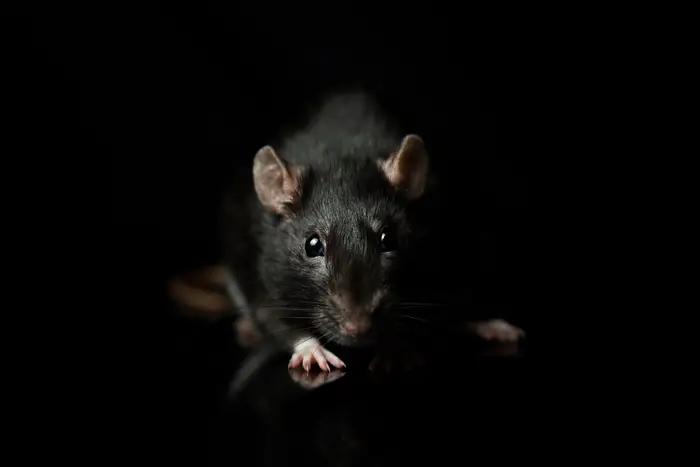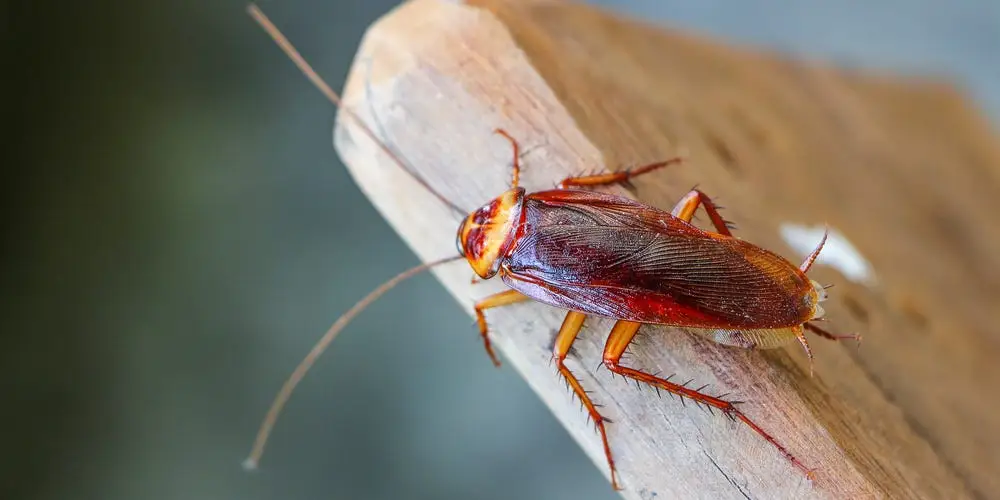Climate change is expected to significantly impact Earth’s biodiversity, with experts predicting that one-third of the planet’s plants and animals could disappear by 2050 if greenhouse gas emissions continue at their current rate.
Some species are already facing extinction, while others may benefit and thrive in the changing environment. Certain resilient species may expand their ranges into new areas that become suitable due to climate changes, according to Giovanni Strona, a researcher at the European Commission’s Joint Research Centre.
Among the potential “winners” of climate change are species that are already well-adapted to urban and degraded environments, such as scavengers that breed quickly. These animals, which include some commonly regarded as pests are likely to continue thriving despite global warming.
Cockroaches, for example, have an incredible ability to survive extreme conditions and have existed for over 300 million years, enduring significant climatic shifts. Their adaptability to hot, humid conditions and their non-discriminatory diet make them well-suited to a warming world.
Rats are another resilient species that could thrive in a warmer climate. Their ability to reproduce rapidly and in large numbers gives them a significant advantage. Warmer temperatures and milder winters mean fewer rats die from the cold, enabling their populations to grow.

This adaptability, combined with their potential to carry diseases harmful to humans, suggests that rising temperatures could lead to increased health risks associated with rats.
Mosquitoes are also likely to benefit from climate change, as warmer temperatures can accelerate their growth and increase their biting rates. These insects are major vectors of diseases like malaria, dengue, and Zika virus.
As global temperatures rise, mosquitoes are expanding their geographic range, bringing the risk of mosquito-borne diseases to new areas. Recent outbreaks of locally transmitted malaria in Florida and Texas and increased dengue cases in Europe highlight the growing impact of mosquitoes in a warming world.
Ticks are another example of insects thriving due to climate change. Warmer and milder winters are allowing ticks to remain active year-round and extend their range into previously inhospitable areas.
This expansion increases the risk of tick-borne diseases such as Lyme disease, which has seen a significant rise in cases in the northeastern United States. Studies have shown that ticks are more resilient to extreme temperatures than previously thought, suggesting they will continue to thrive as the climate changes.
The resilience of these species highlights the complex nature of climate change’s impact on biodiversity. While many species face the threat of extinction, those that are adaptable and able to exploit changing conditions may not only survive but also expand their influence.
This shift in species dynamics underscores the need for comprehensive strategies to mitigate the negative impacts of climate change on biodiversity while managing the potential proliferation of resilient pests and their associated health risks.
While climate change poses a severe threat to global biodiversity, it also creates opportunities for certain hardy species to flourish.
Cockroaches, rats, mosquitoes, and ticks are examples of animals that may thrive in warmer, more humid conditions, posing new challenges for human health and environmental management. Addressing these challenges requires a nuanced understanding of the interplay between climate change and species resilience.

